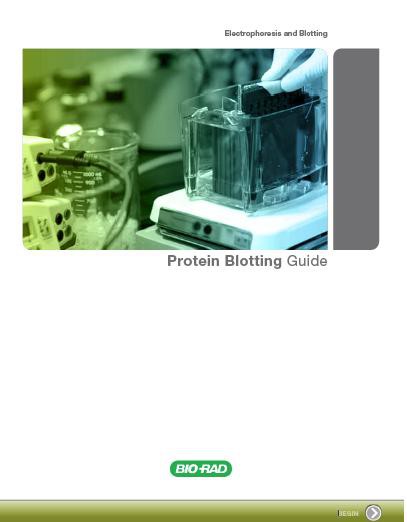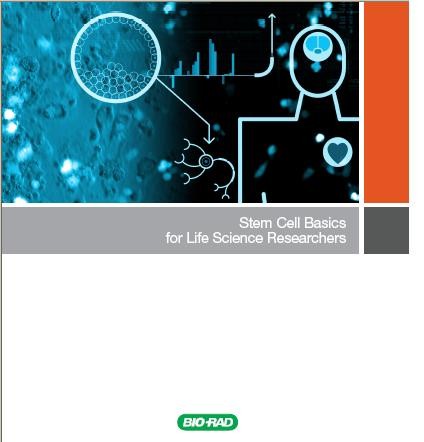Clearly digital PCR has come a long way in recent years, thanks in large measure to the development of commercial systems like the QX200. These technology advances seem to indicate a tipping point where a greater number of researchers will soon have access to the technology, which will spur development of new applications that take advantage of the full capabilities of digital PCR and move scientists towards more robust biomarker studies and even single cell analyses.
Could the next revolution in PCR be digital? In an article appearing in Biotechniques, Nathan Blow takes a look at the history of digital PCR and why the methodology might have finally reached a tipping point in development.
Read the article to find out:
- What makes digital PCR different from traditional PCR
- A short history of digital PCR
- Why did it take so long for the technology to catch on with developers and researchers?
- How does digital PCR compare to real-time-quantitative PCR?
To learn more read Digital PCR: Separating from the Pack.
















